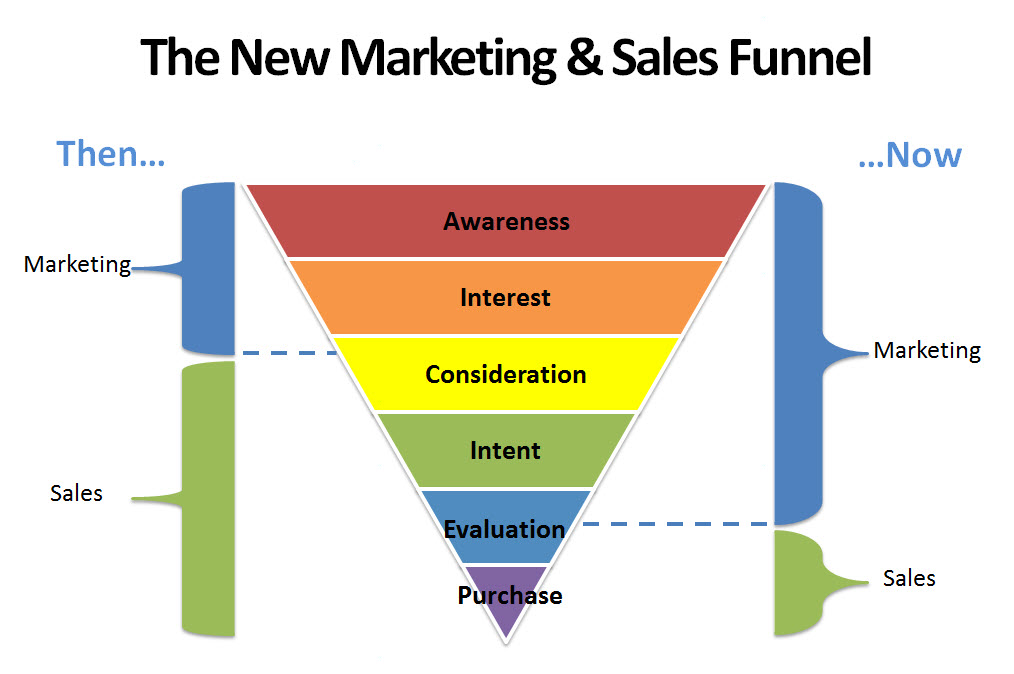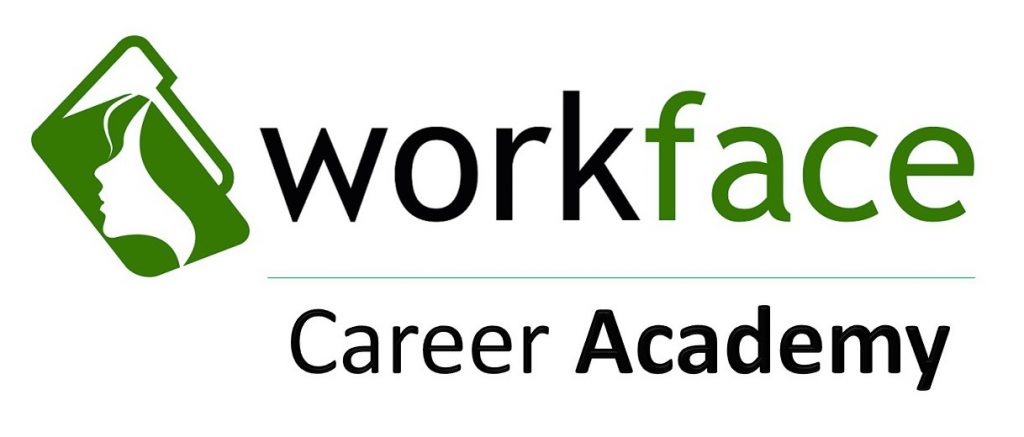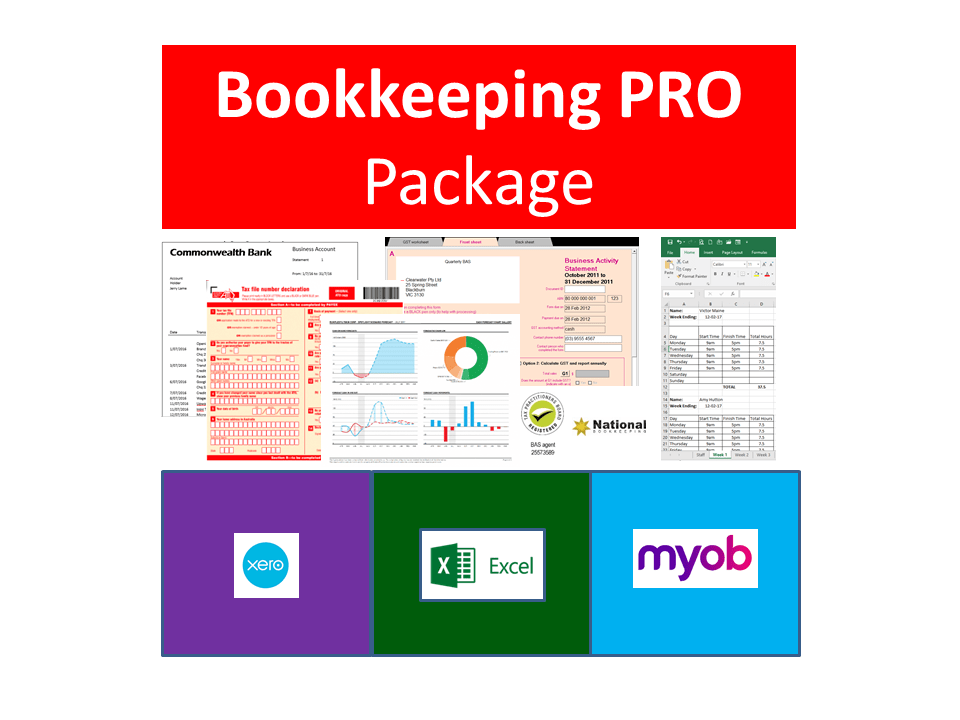What to do when your bookkeeping prospect says “no”.
You’ve placed an ad for your Xero bookkeeping services, you’ve received several enquiries and you’ve called them back to follow up only to discover that other bookkeepers are offering bonuses, incentives, giveaways etc. So, you improved your ad and created an introductory offer.
You speak with some prospective bookkeeping clients and they seem very interested, however when you ask your prospective clients for a decision they say “thanks, but no thanks.” Is that the end? Not quite.
To be certain that you’ve covered all bases before letting a prospect go, there are a few more steps you should take to ensure that you are providing the best possible outcomes—both for the client and for yourself. Although it may seem like the end of the enquiry process, you still have an opportunity to:
- identify areas of concern or doubt that the prospect has not shared with you by building trust and rapport.
- offer advice and further consolidate your business reputation.
- assist in other ways—either by offering your services for a future project or referring them to another industry professional.
Building Rapport
Building trust and rapport is an essential component of turning a “no” into a “yes”. Your prospect is more likely to be open and forthcoming if you:
- Normalise their situation by letting them know that many other business owners experience the same challenges.
- Reassure them by sharing an example of how you have used your knowledge and expertise to solve similar problems for your clients.
- Give them time to review the information you have provided and be available to answer any questions they may have.
When “No” Means “Not yet”—Uncovering Hidden Objections
When you ask your prospect for the business and they are reluctant to accept your solution, they will often give you one of the following answers:
- “I don’t have time right now”
- “I’ll think about it”
- “I have to discuss it with my business partner”
Some people don’t want to appear to be rude or blunt when they say “no”, they may be embarrassed to admit their own shortcomings, or they might simply want to keep their cards close to their chest.
The real reason may be something else, such as:
- “I don’t think that I can afford it”
- “I’m not sure that it will solve my problem”
- “I want to get some other quotes before I make a decision”
To find out why your prospect is holding back on making a decision, use probing questions such as:
- “What else would you need to know before moving forward?”
- “Are there any other questions I can answer for you before you go?”
- What is your time-frame for making a decision?”
Overcoming Objections
Once you’ve established the true reason for your prospect’s hesitation, your objective is to assist them by providing solutions to their problems.
Use specific time-frames to create urgency and offer options. This helps your prospect to retain control over their decision without the need for you to be pushy.
Circle back and ask your ‘closing’ questions again. Try to ask questions that have a “yes” answer. For example:
- “Your BAS is due at the end of the month – is that right?”
- “If I was able to assist with your bank reconciliation, would that help?”
- “I can invoice you in easy-to-manage, tax deductible monthly instalments. Does that make it easier for you?”
When “No” Means “No”—When To Let Go
It’s important to recognise when you’ve come to the end of the road. This is why rapport building is so important. Any further questioning beyond this point will only serve to alienate your prospect, ensuring that they will never call you back. Be sensitive to tone of voice, short or hurried answers and ‘exit’ statements such as “I’ll give it some thought” or “I have another meeting to go to now”.
- Thank them for their time and leave the door open for future communications.
- Offer to send them something useful.
- Offer to follow up again at a later date.
Some people take time to make a decision
Some prospects will never make a decision after speaking to you just once, no matter how nice you are or how well you get on and that is why experienced business owners consider the first call just one stage in the selling process – or sales pipeline (also called a sales funnel).

Real estate agents spend all their time selling, either to find prospective vendors (sellers) or to find the right buyer for their vendors so they understand the importance of contacting prospects regularly. After all, no one really knows you after just one phone conversation.
Professional organisations who maintain a CRM (Customer Relationship Management software) understand that there are several stages in the marketing and selling process and that sometimes it takes 3-4 conversations to make sure all the important topics are covered.
The most important aspect in getting clients and building your bookkeeping business is following up. If you do a good job in following up with clients they will see how good a job you’ll do for them when you are actually working on their accounts.
Summary
Learning how to manage your sales pipeline may seem uncomfortable at first, but if you aim to remain authentic and face each obstacle with a genuine desire to solve your prospect’s problems, your efforts will be appreciated. In the best case scenario they will accept your offer based on the additional information you have provided. At worst, they will keep your contact details for future reference.
Need help with writing an ad for Xero bookkeeping tutoring?

See Josika’s ad as an example. Visit:
https://workface.com.au/2021/12/bookkeeping-tutoring-one-to-one-training-and-business-support-for-xero
Xero Bookkeeping, Tutoring and Training – Following Up After An Ad Enquiry

Learn how to follow up an enquiry for Xero Bookkeeping Tutoring:
https://workface.com.au/2022/01/xero-bookkeeping-tutoring-and-training-following-up-after-an-ad-enquiry/






